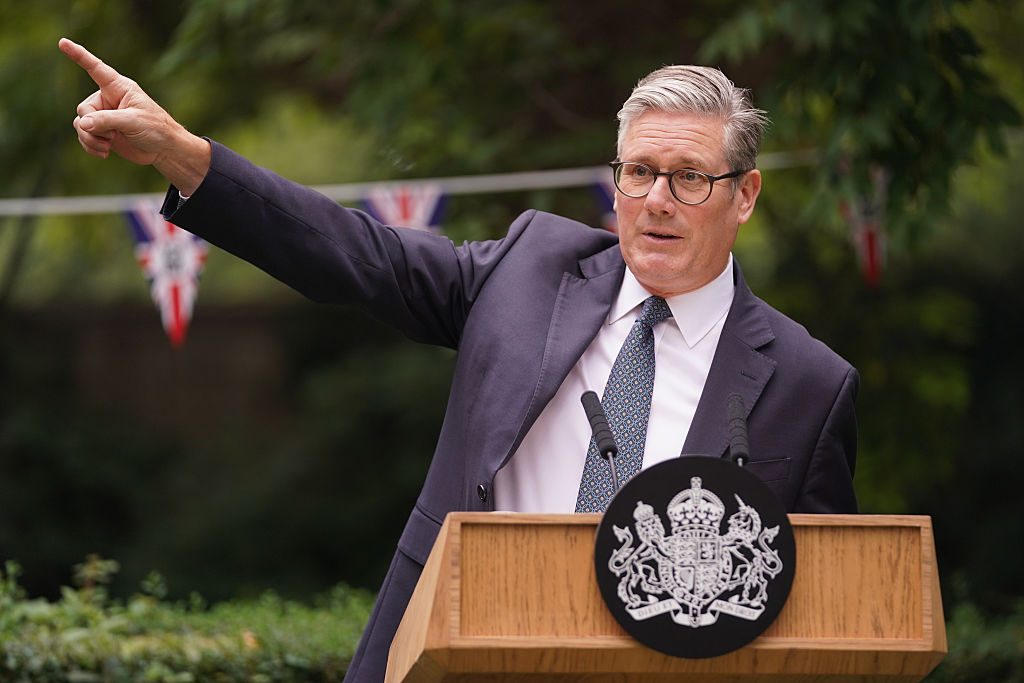Keir Starmer’s time as Labour leader has been marked by assertions of long-term intent. Early on, he promoted a “mission-led government” while in opposition. By last July, in the King’s Speech, he urged “patience” as Labour sought to “fix the foundations” in office. A few months later, speaking at his party’s conference as PM, Starmer stressed that Labour “can’t turn back” from its “long-term plan”.
And yet, for all the visionary thinking, this government operates much like the last. Swapping the Foreign and Home Secretaries after barely a year — despite immigration and US trade being core priorities — hardly signals a new direction. Instead, the old questions resurface: how can anything be fixed when every role is this fungible? Perform well, like Shabana Mahmood at Justice, and you’re moved. Perform badly, and the same thing happens. In what other job, with billions of pounds at stake and thousands of staff, would leaders be reshuffled annually? And who can seriously claim Britain’s interests are served by nine foreign secretaries in 10 years?
The reshuffle came only days after Starmer declared the start of “phase two” of his government. Since then, we’ve had not just a Cabinet shake-up but also the quiet scrapping of the “Mission Delivery Unit” — created only last July to oversee the “Five Missions” he unveiled in opposition. Those quickly gave way to six “milestones”, which have now been reduced again to three headline concerns: making people better off, fixing the NHS, and securing the border. In just 14 months, the Prime Minister has cycled through more than 30 “priorities”. At this point, one wonders whether he knows what the word actually means.
All these missions, priorities and foundations can’t hide one inescapable truth: Starmer has at most a year to show progress on illegal Channel crossings — and on the even larger issue of visa overstays. The consensus is that Mahmood is the figure best placed to deliver.
Looming over all this is the fact that Rayner’s defenestration, and the past week’s melodrama has left Starmer’s position less secure. Wes Streeting remains the Labour Right’s preferred successor, should the Prime Minister step down before the next election. Until now, the main brake on such ambitions was the likelihood that Angela Rayner would sweep any leadership contest, with only Andy Burnham polling higher among party members. But with the former Deputy Prime Minister removed from the equation, Streeting’s path looks far clearer. The loss of that firewall makes the coming deputy-leadership battle all the more decisive.
Keir Starmer is a historically unpopular Prime Minister. After just one year, his approval ratings are as low as Sunak’s when the Tories had been in power for almost a decade and a half. That could improve, but it could equally deteriorate, particularly given the party finds threats not just to its Right, but also to its Left. The Autumn Budget is a looming flashpoint, but it will be next May’s elections that will likely seal the fate of the PM. For the party’s ever-ruthless Right, a major impediment for having a contest just disappeared.

